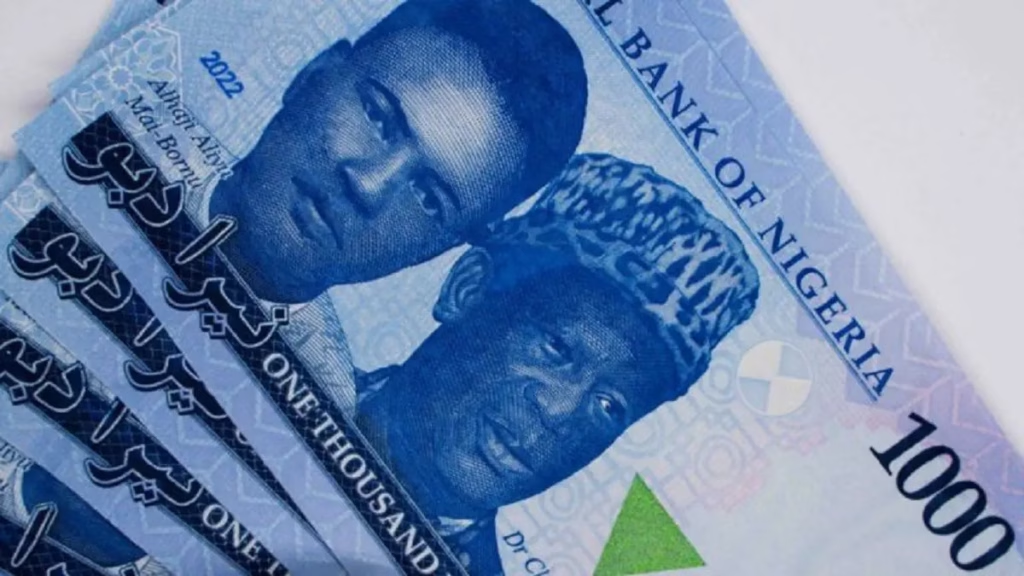The Nigerian naira extended its recent upward trend in the official foreign exchange market this week, bolstered by a steady rise in the country’s foreign reserves. Central Bank of Nigeria (CBN) data released on Friday showed the local currency strengthened marginally to N1,533.57 per dollar, marking a N0.16 gain from the previous day’s rate of N1,533.73. Over the week, the currency recorded more gains than losses, signaling cautious optimism in Africa’s largest economy.
This modest appreciation aligns with fresh data revealing Nigeria’s external reserves climbed to $40.16 billion as of August 7, 2025—the highest level since July. CBN Governor Olayemi Cardoso noted earlier in the week that reserves had risen from $39.99 billion on August 6, underscoring improvements in the nation’s balance of payments. Economists often view rising reserves as a buffer against external shocks and a potential driver of currency stability, particularly in import-dependent nations.
However, the parallel market told a different story. The naira held steady at N1,565 per dollar on Friday, unchanged from Thursday’s rate, highlighting a persistent gap between official and unofficial exchange channels. While Nigeria has made efforts to unify its forex rates in recent years, such disparities often reflect lingering demand pressures and limited access to dollars through formal avenues.
Analysts suggest the central bank’s recent monetary policies, including aggressive tightening measures to curb inflation and attract foreign investment, may account for the divergent market dynamics. The key interest rate currently stands at 26.25% after consecutive hikes throughout 2024, a strategy that appears to be yielding gradual dividends in forex liquidity.
Currency traders in Lagos reported subdued activity in the black market, with many adopting a wait-and-see approach amid speculation about further policy interventions. “The official rate’s slow climb and high interest rates are keeping unofficial trading cautious,” one bureau de change operator said, speaking anonymously.
Global markets will closely watch Nigeria’s upcoming quarterly economic data, particularly inflation figures and GDP growth projections, to assess the sustainability of the naira’s gains. With oil prices remaining volatile and domestic production yet to meet OPEC quotas, maintaining the reserve buildup could prove critical for the West African nation.
For now, the incremental progress offers a reprieve after months of currency turbulence. As one Abuja-based financial analyst put it, “Each decimal-point gain at the official window matters. It’s a fragile recovery, but it signals that recent reforms are nudging things in the right direction.”
